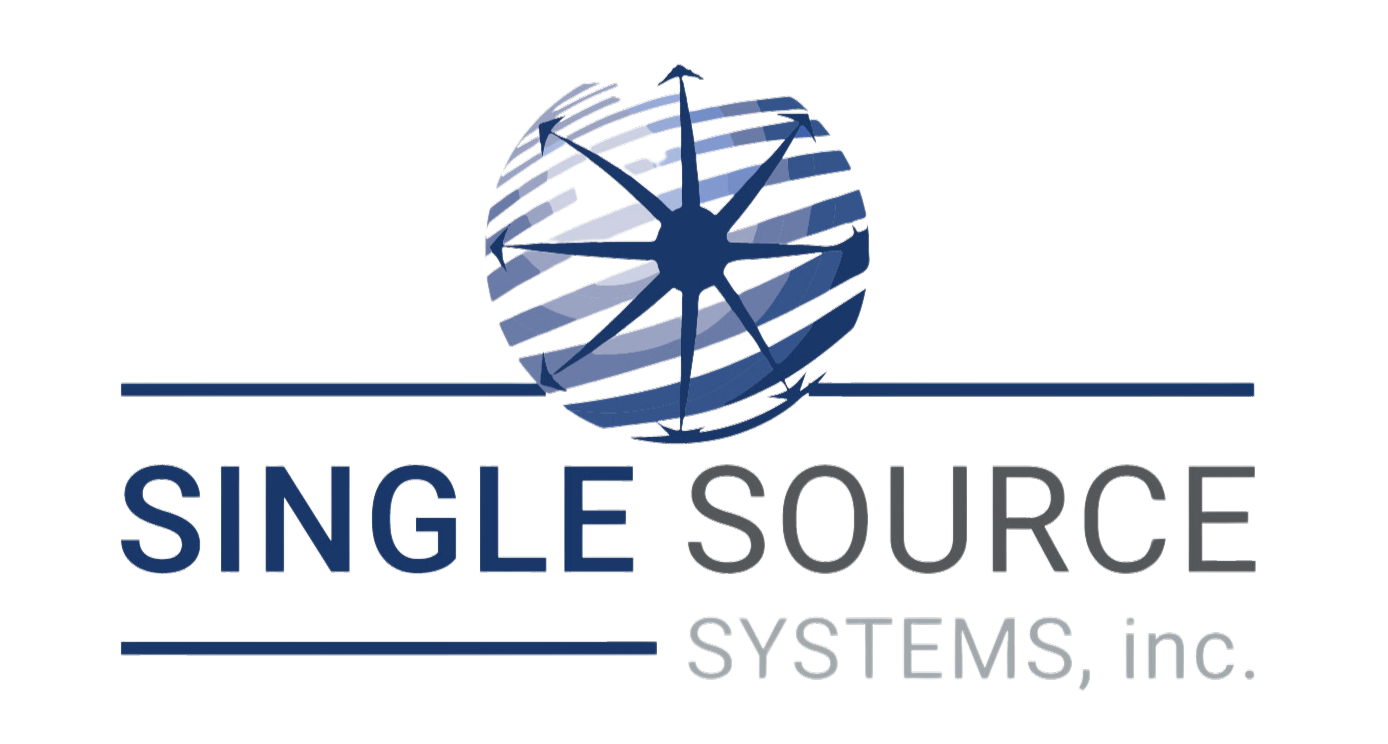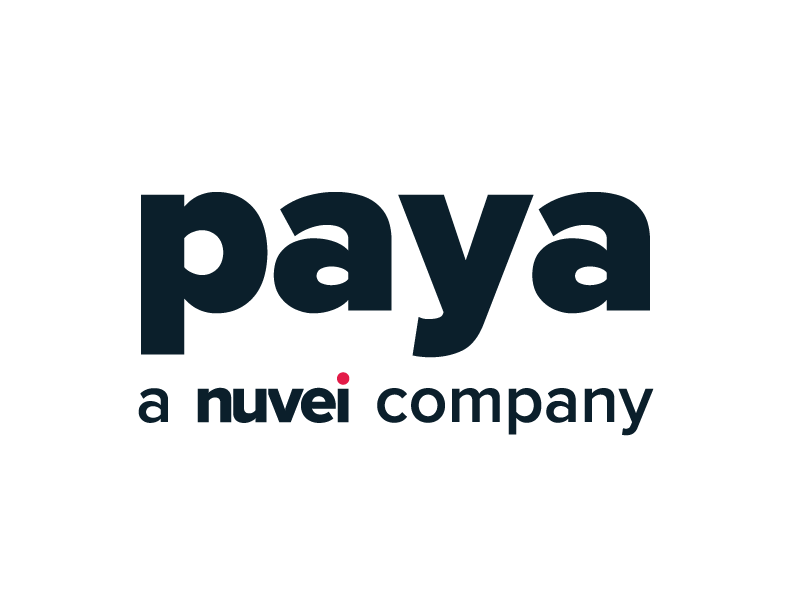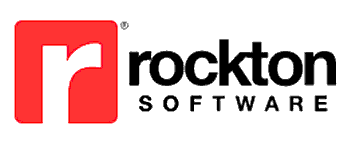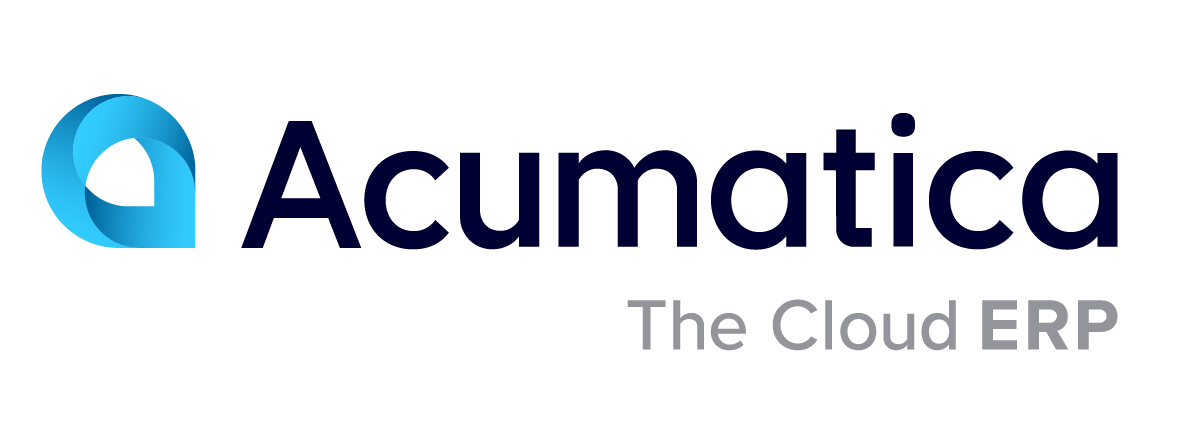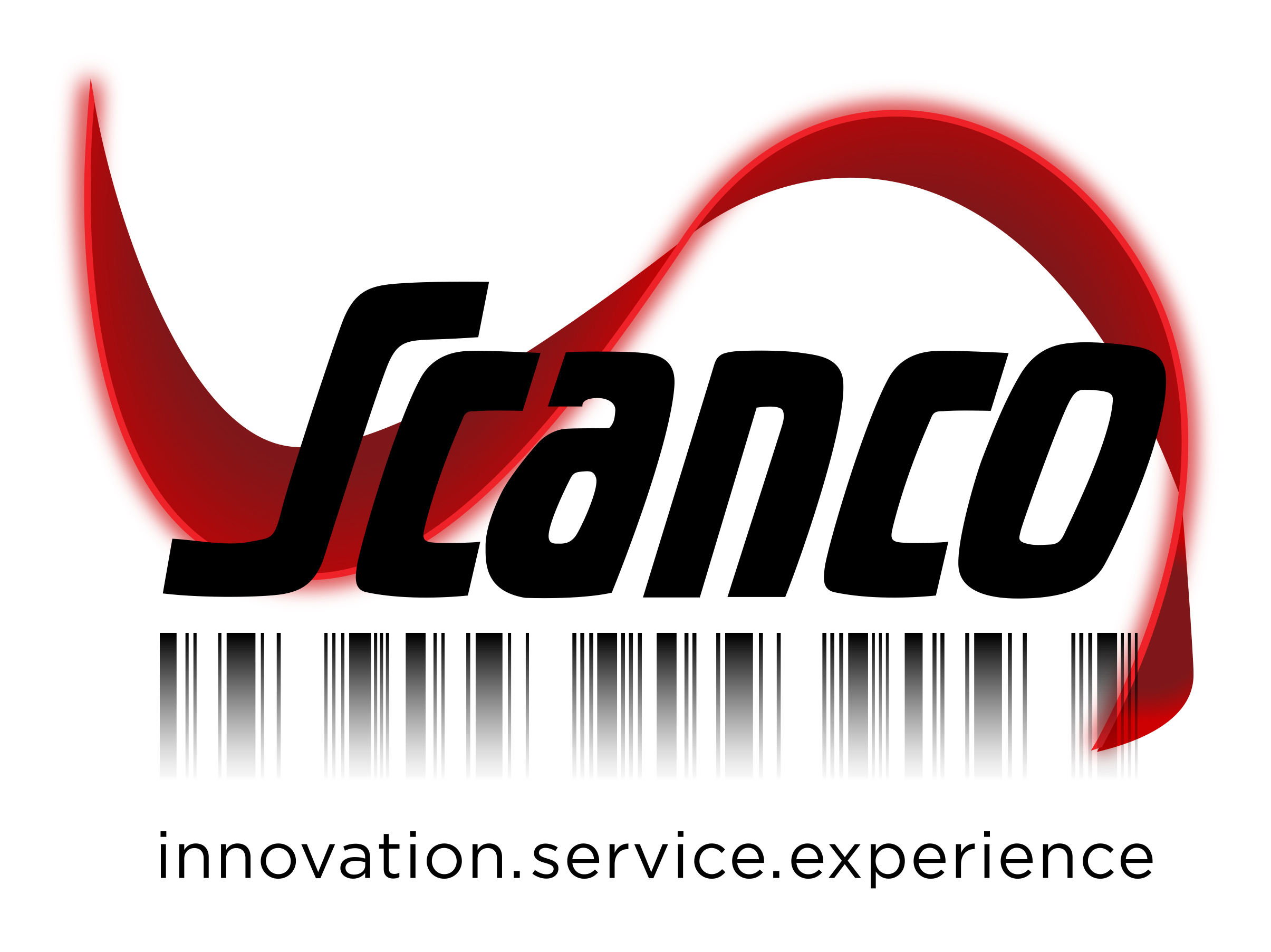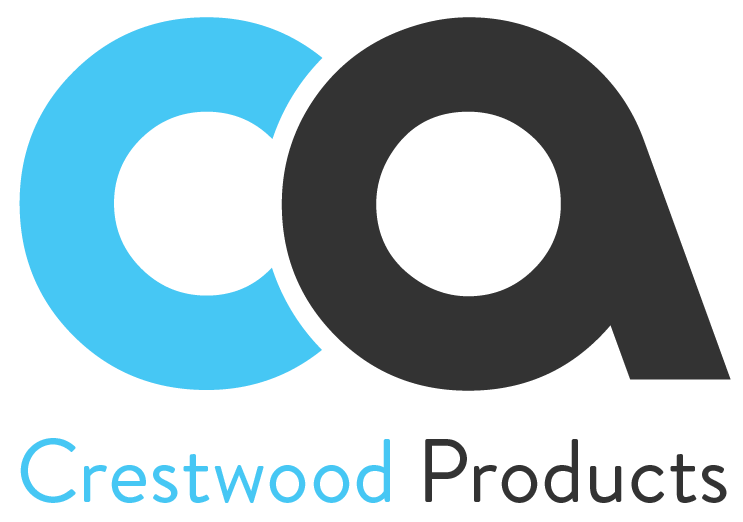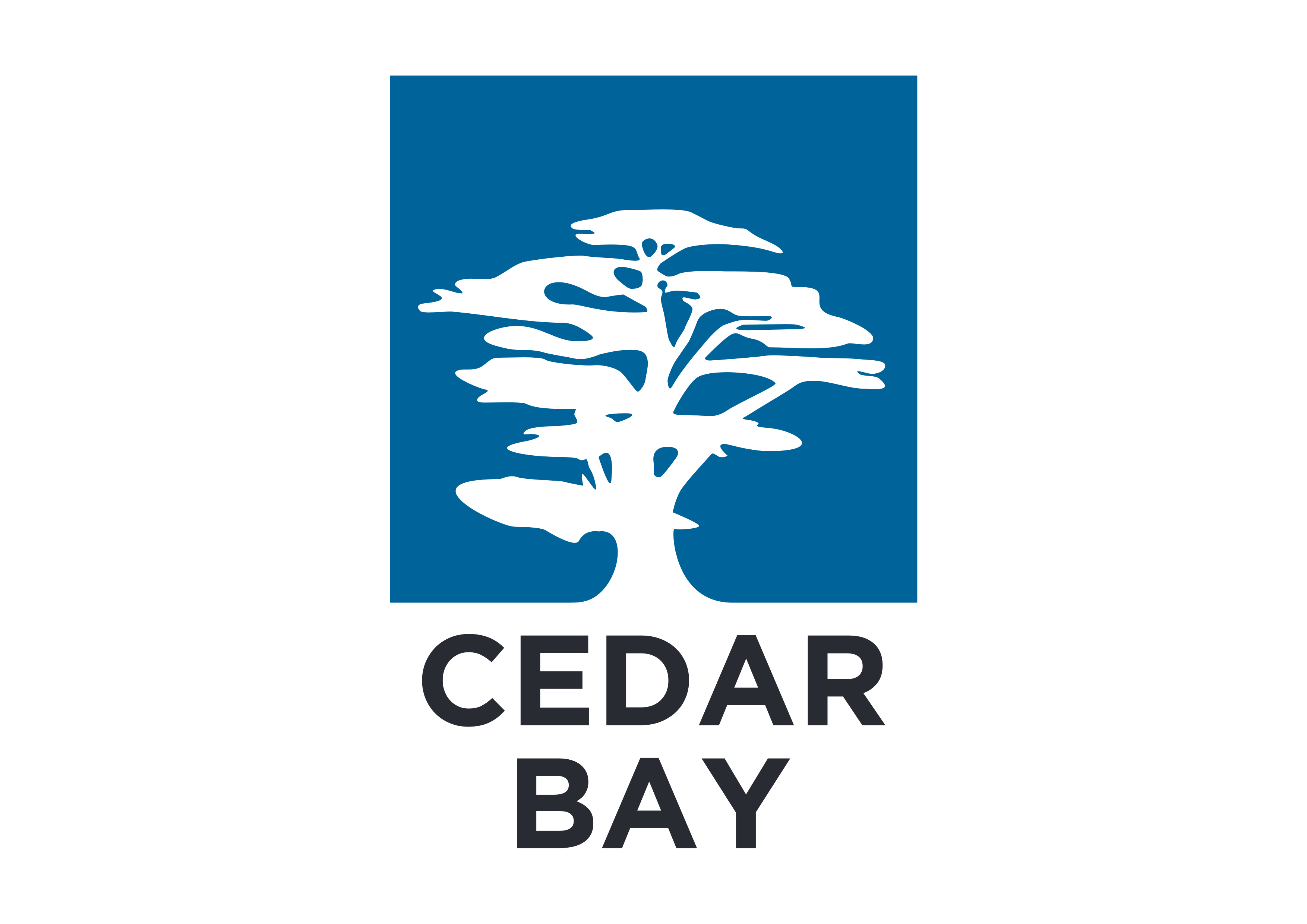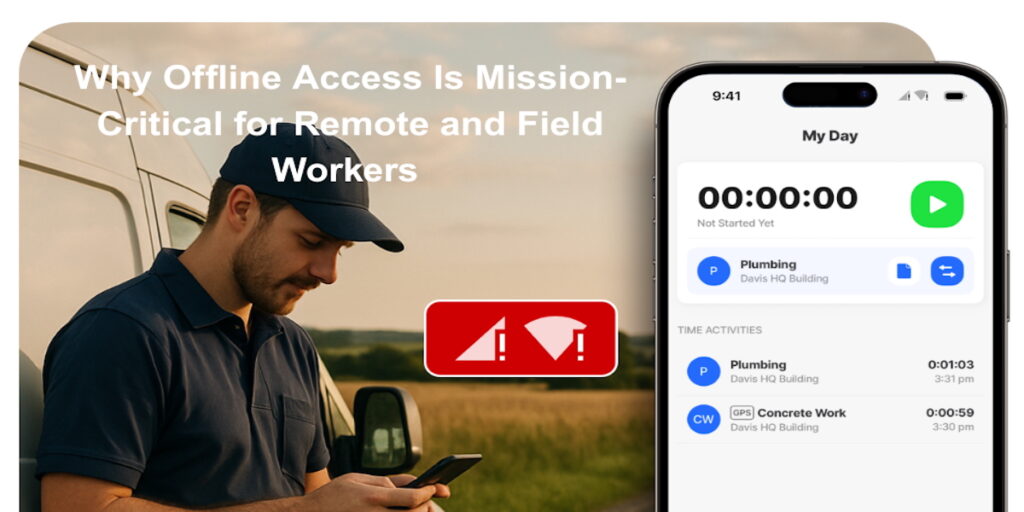If you’re in the business of manufacturing and selling products, you know firsthand how challenging it can be to navigate the B2B and D2C markets. From tax compliance issues to providing an exceptional customer experience, there are many obstacles that can get in the way of success. However, technology can be a powerful tool to help businesses with these challenges. In this blog post, we’ll explore three common obstacles faced by manufacturers and how technology can help overcome them.
Tax Compliance
Tax compliance is a significant challenge for manufacturers selling B2B and D2C. Each state has its own tax laws and regulations, which can make it challenging to stay compliant. This issue becomes even more complex when selling to customers in other countries. For example, the European Union’s VAT (value-added tax) system is notoriously difficult to navigate.
Fortunately, technology can help manufacturers navigate the complexities of tax compliance. Avalara offers a suite of tax compliance tools for businesses that want to stay on top of their tax obligations. Software from Avalara automatically calculates and applies the correct tax rates, reducing the risk of errors and helping businesses avoid penalties and fines. Avalara also offers tools to help businesses stay compliant with VAT regulations, including automated VAT registration and filing. For example, Avalara helped MiiR, a U.S.-based business, comply with the European Union’s VAT regulations by automating the VAT registration and filing process, which saved the company time and reduced the risk of errors.
Customer Experience in Today’s Digital Age
Customers have high expectations when it comes to the buying experience. They want fast, convenient, and personalized service, regardless of whether they are buying from a B2B or D2C company. Failing to deliver an exceptional customer experience can lead to lost sales and damage to a company’s reputation.
Technology can help businesses deliver an exceptional customer experience by providing tools that enable personalization, automation, and fast, convenient service. For example, Acumatica’s cloud-based ERP (enterprise resource planning) software gives businesses real-time visibility into their inventory, orders, and customer data. This feature allows businesses to quickly and efficiently process orders, share accurate shipping information, and offer personalized service and tailored recommendations based on each customer’s purchase history and preferences.
Operational Scalability
As businesses grow, they often struggle to keep up with the demands of scaling their operations. This challenge is particularly true for manufacturers selling B2B and D2C who may need to manage multiple sales channels, warehouses, and shipping partners. Failing to scale operations effectively can lead to errors, delays, and lost sales.
Technology can help businesses scale their operations by providing tools that automate and streamline key processes. For example, Acumatica’s ERP software allows businesses to automate their order processing, inventory management, and shipping operations. This automation not only reduces the risk of errors but also frees up staff to focus on more strategic tasks, such as developing new products or expanding into new markets.
Manufacturers selling B2B and D2C face significant obstacles, including keeping up with tax compliance, providing excellent customer experience, and having a solution for operational scalability. By using tax compliance tools from Avalara and cloud-based ERP software from Acumatica, businesses can leverage technology to drive growth, increase efficiency, and deliver an exceptional customer experience. Download our guide to learn more about how Avalara and Acumatica make selling B2B and D2C easier.




